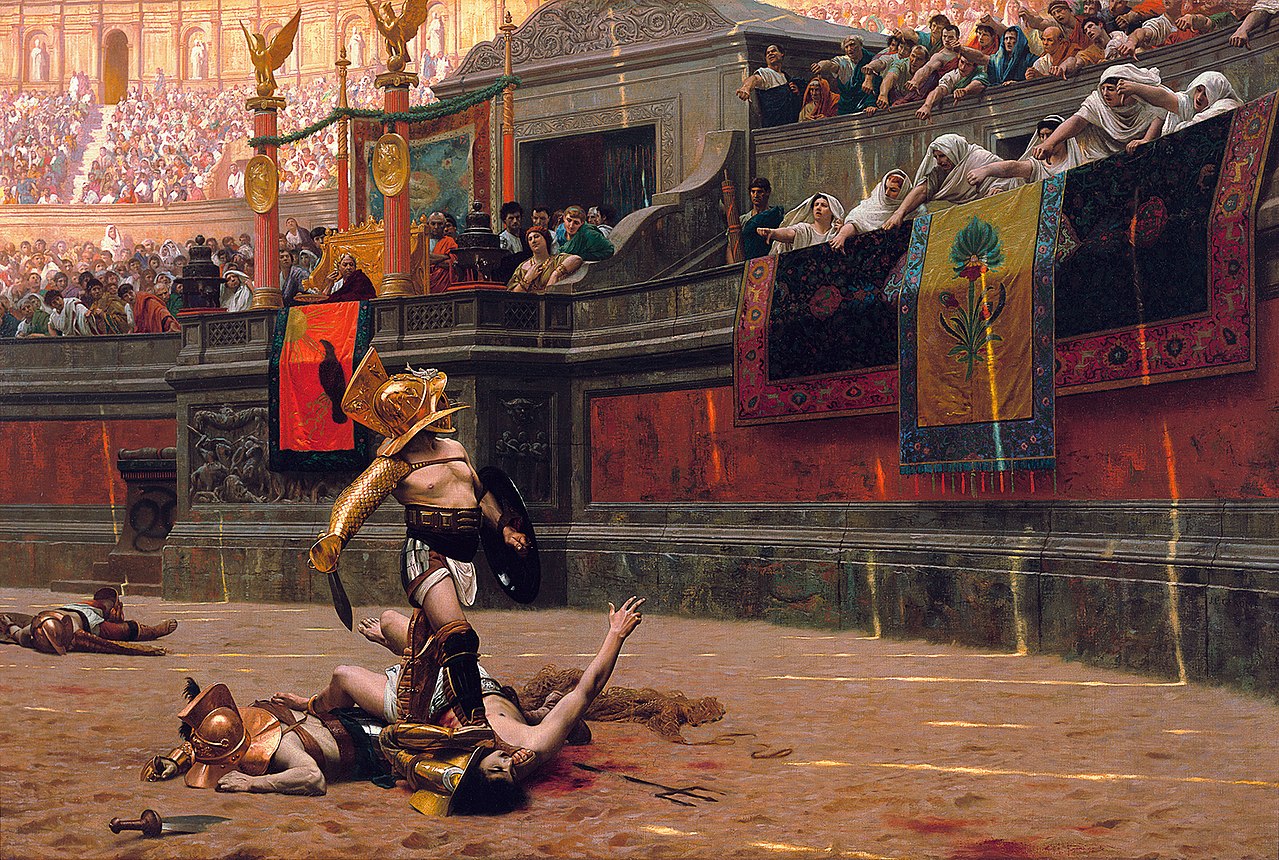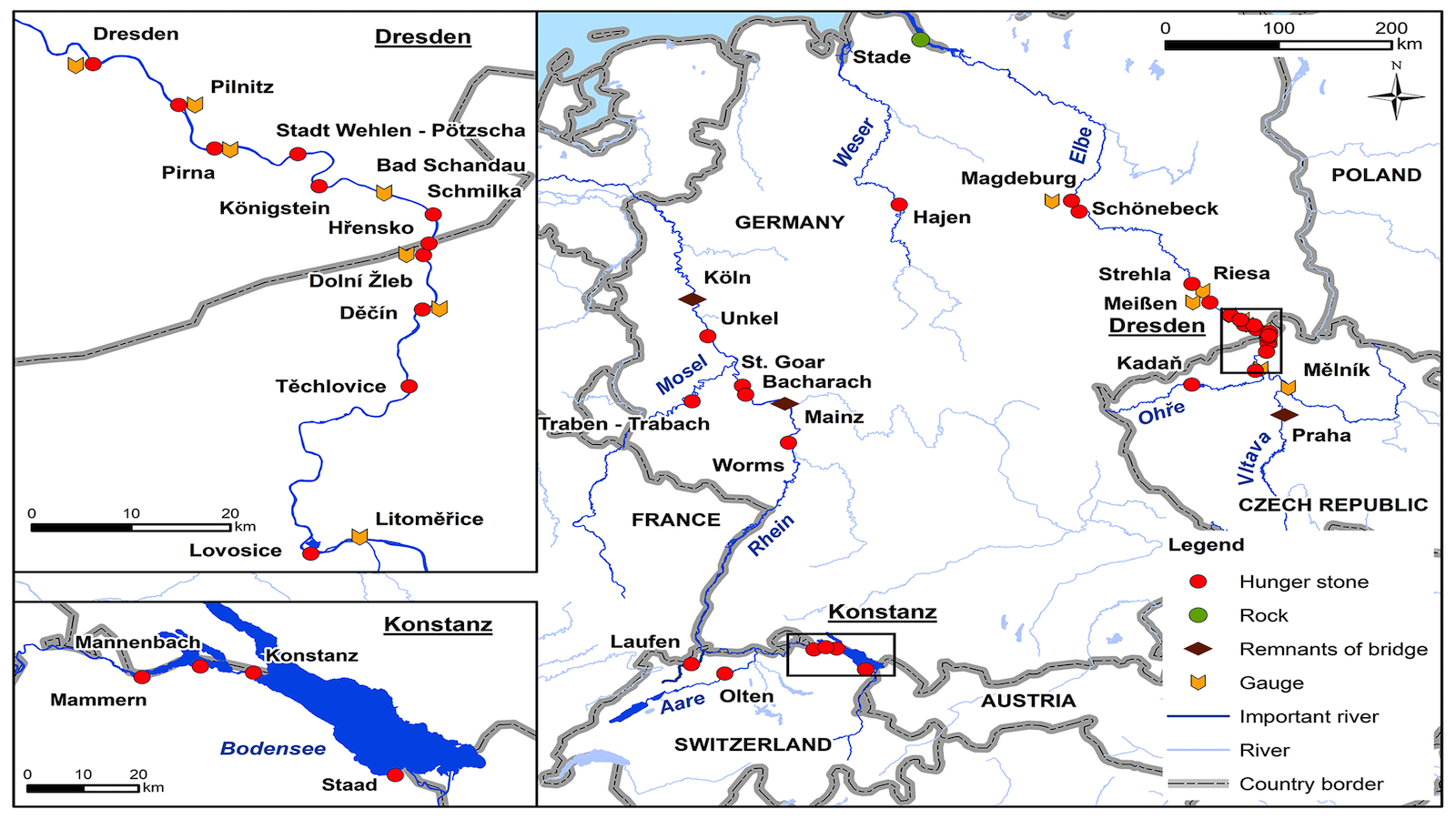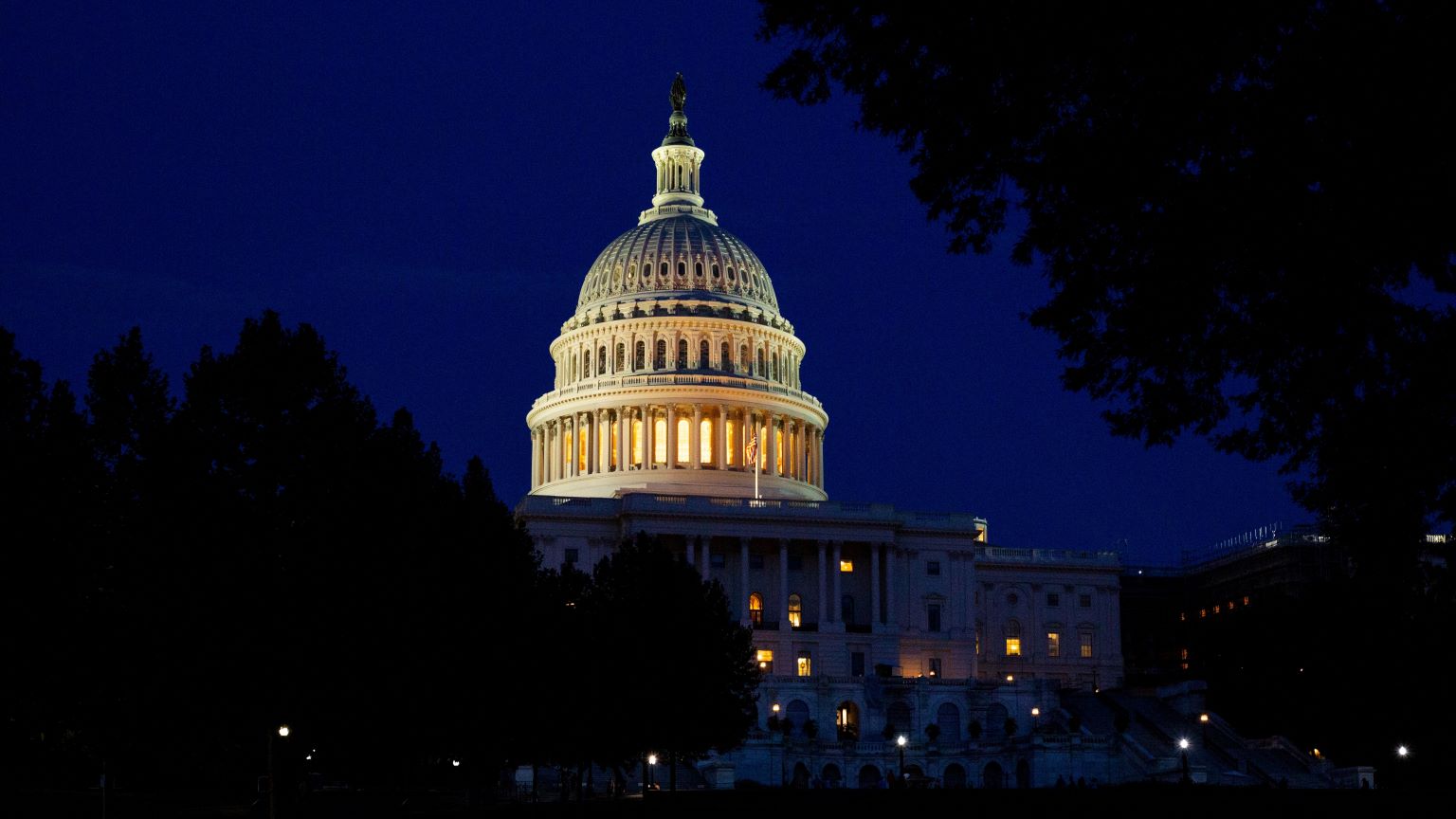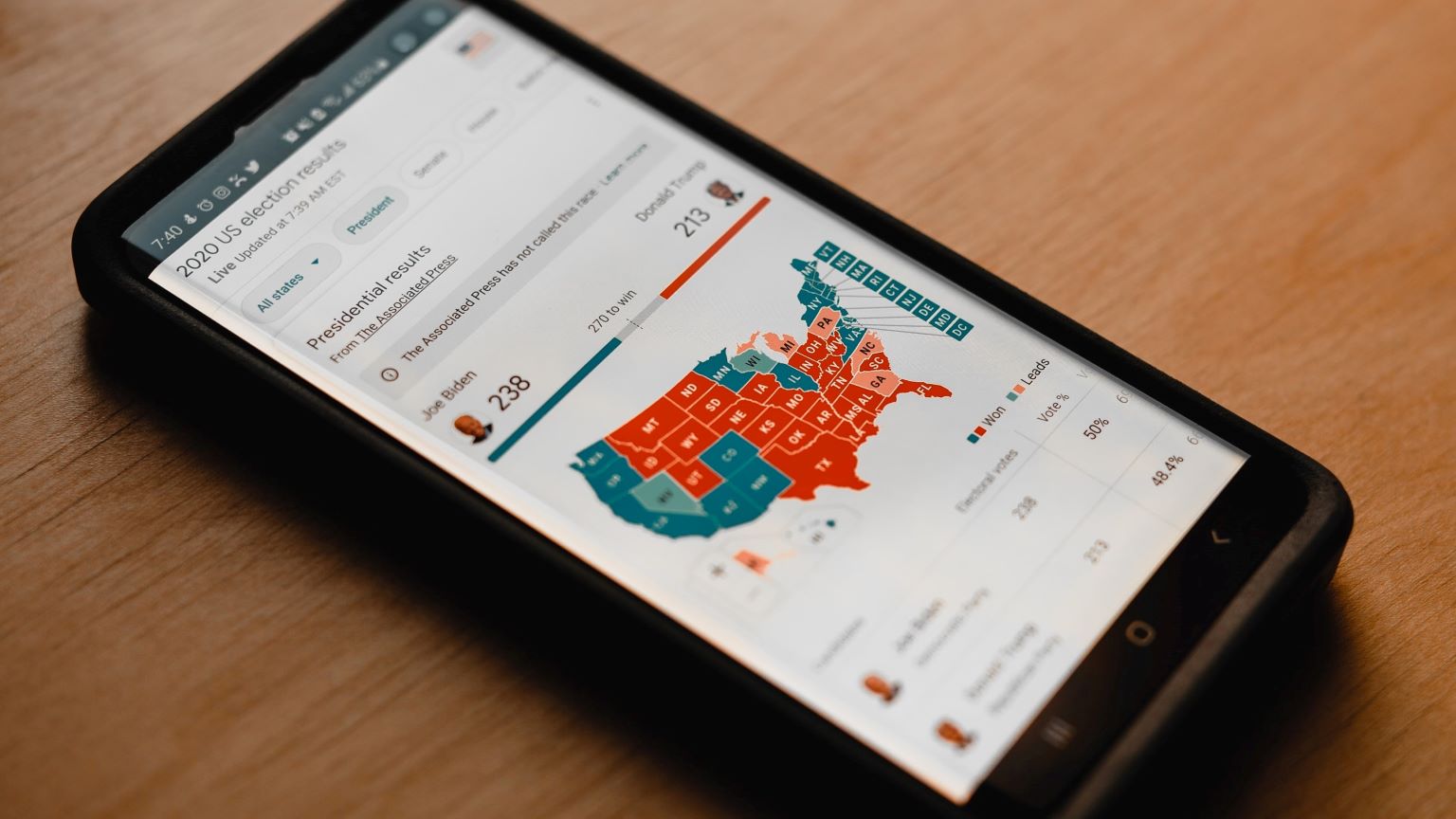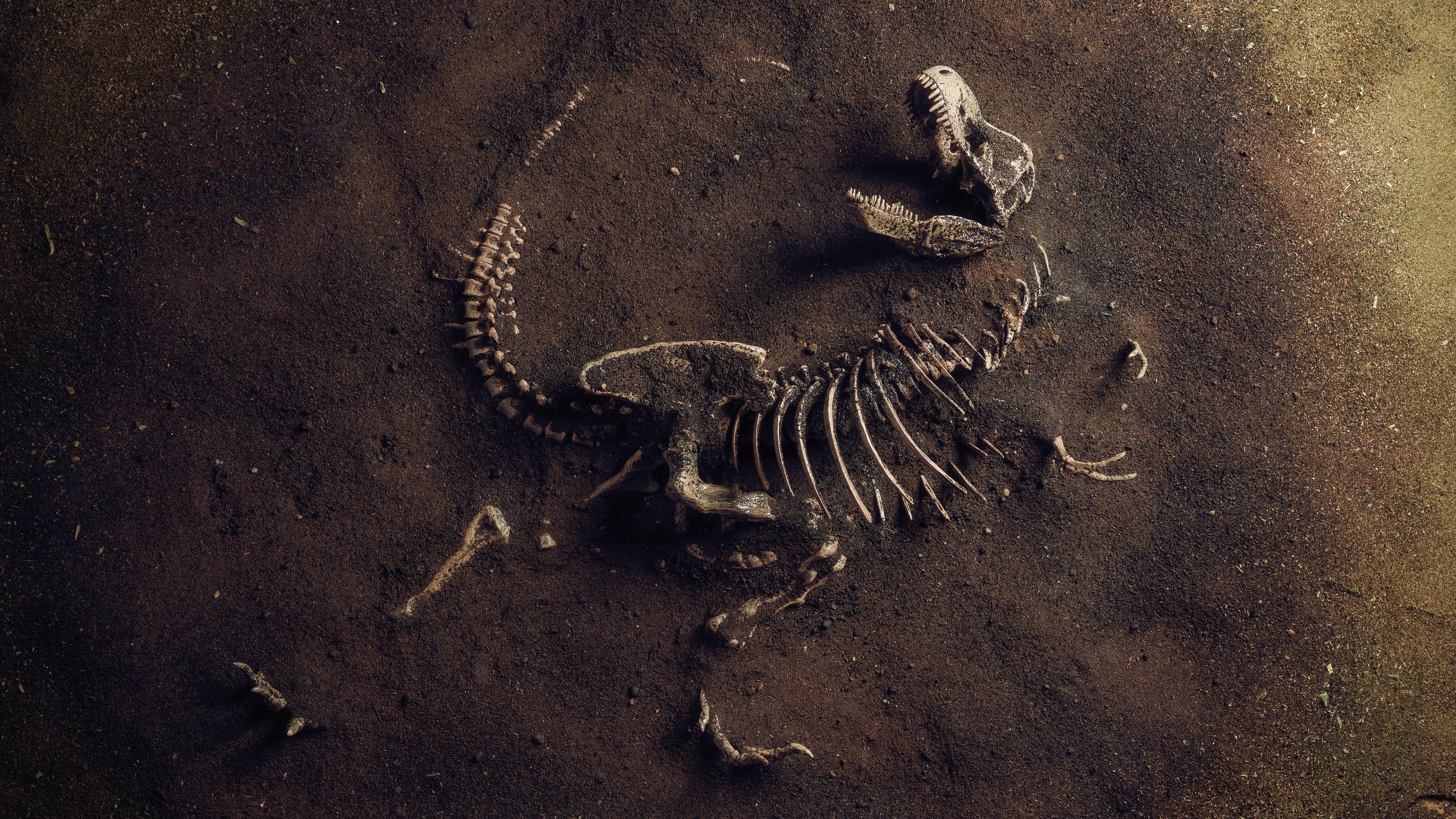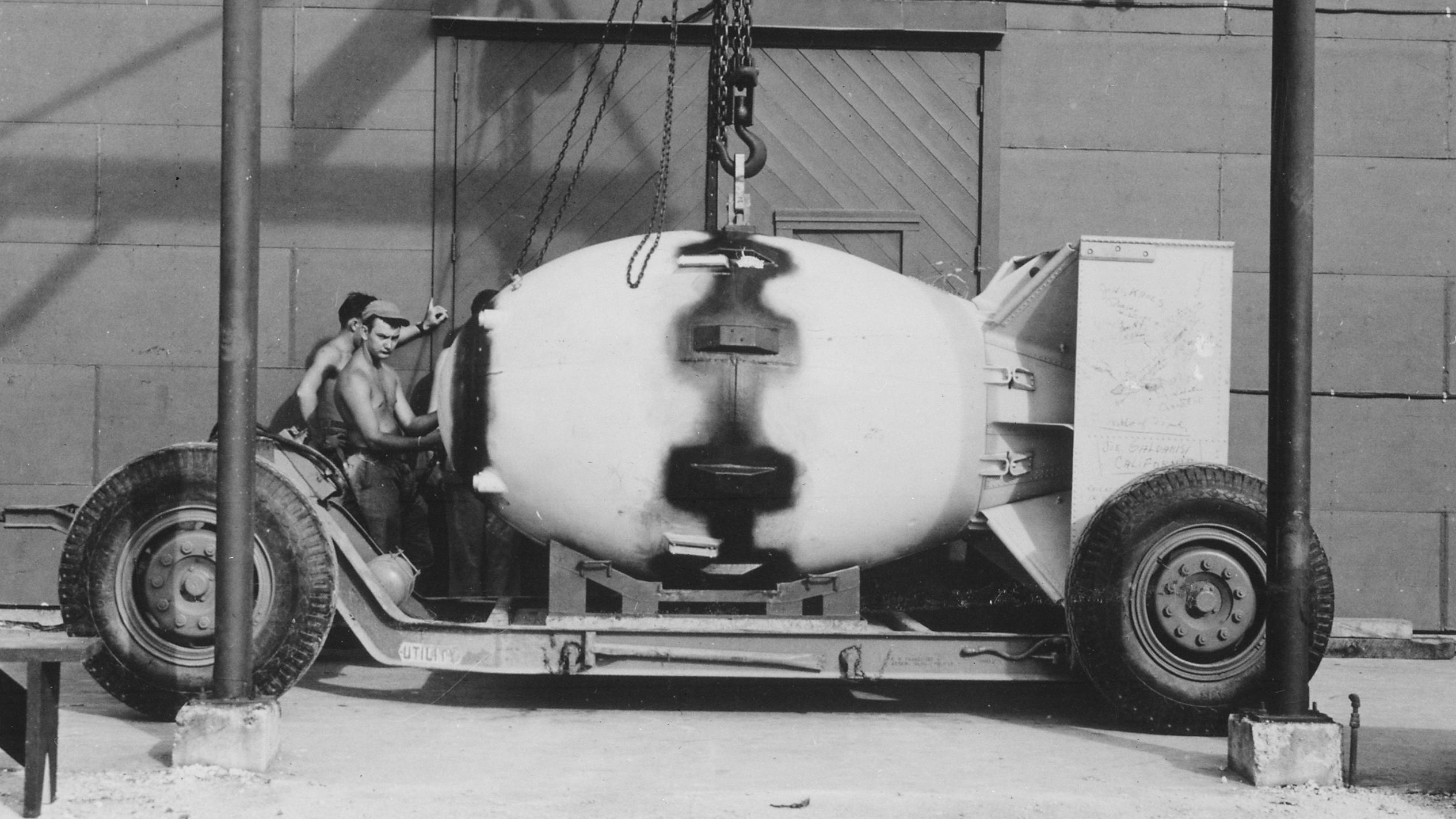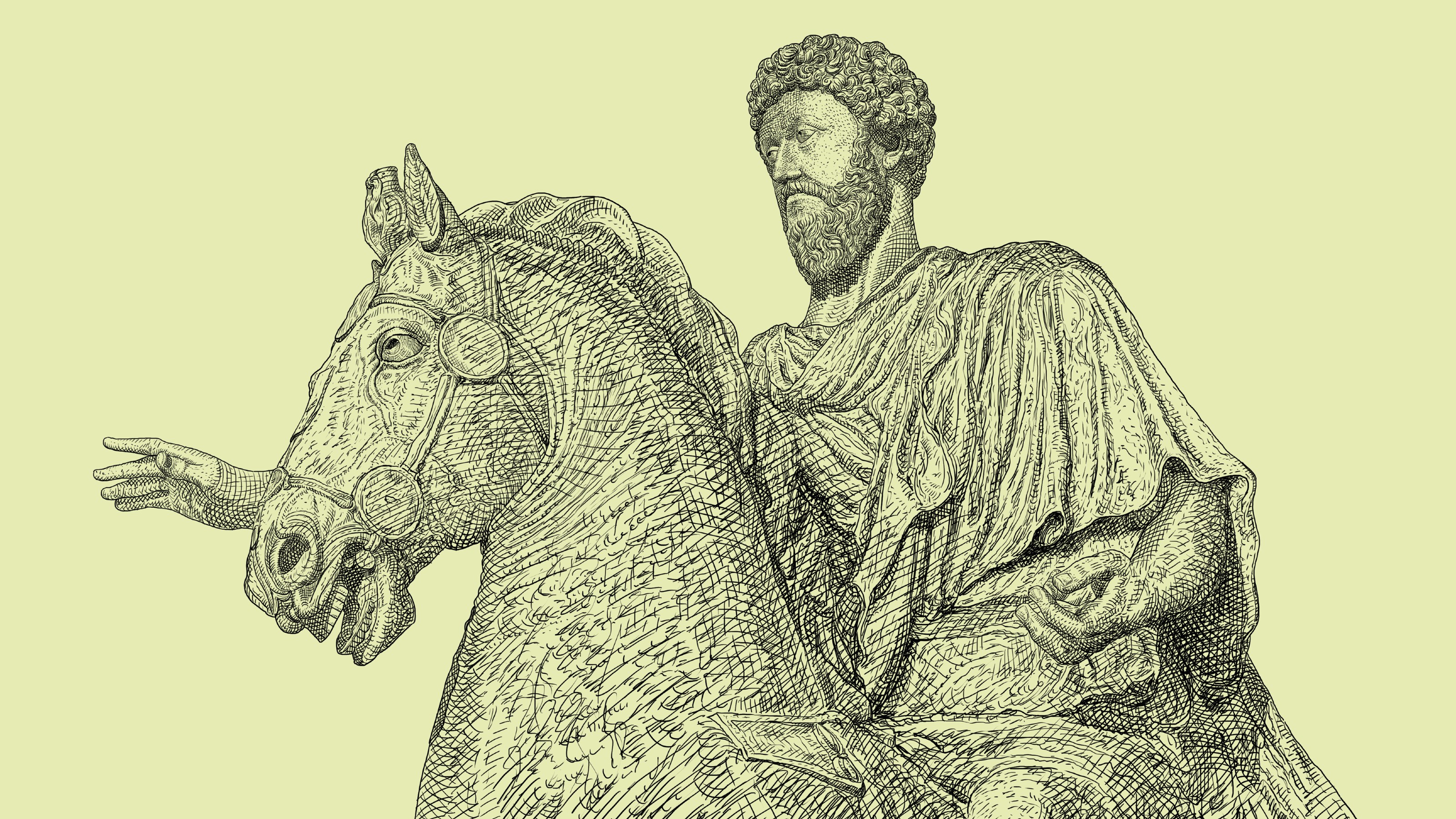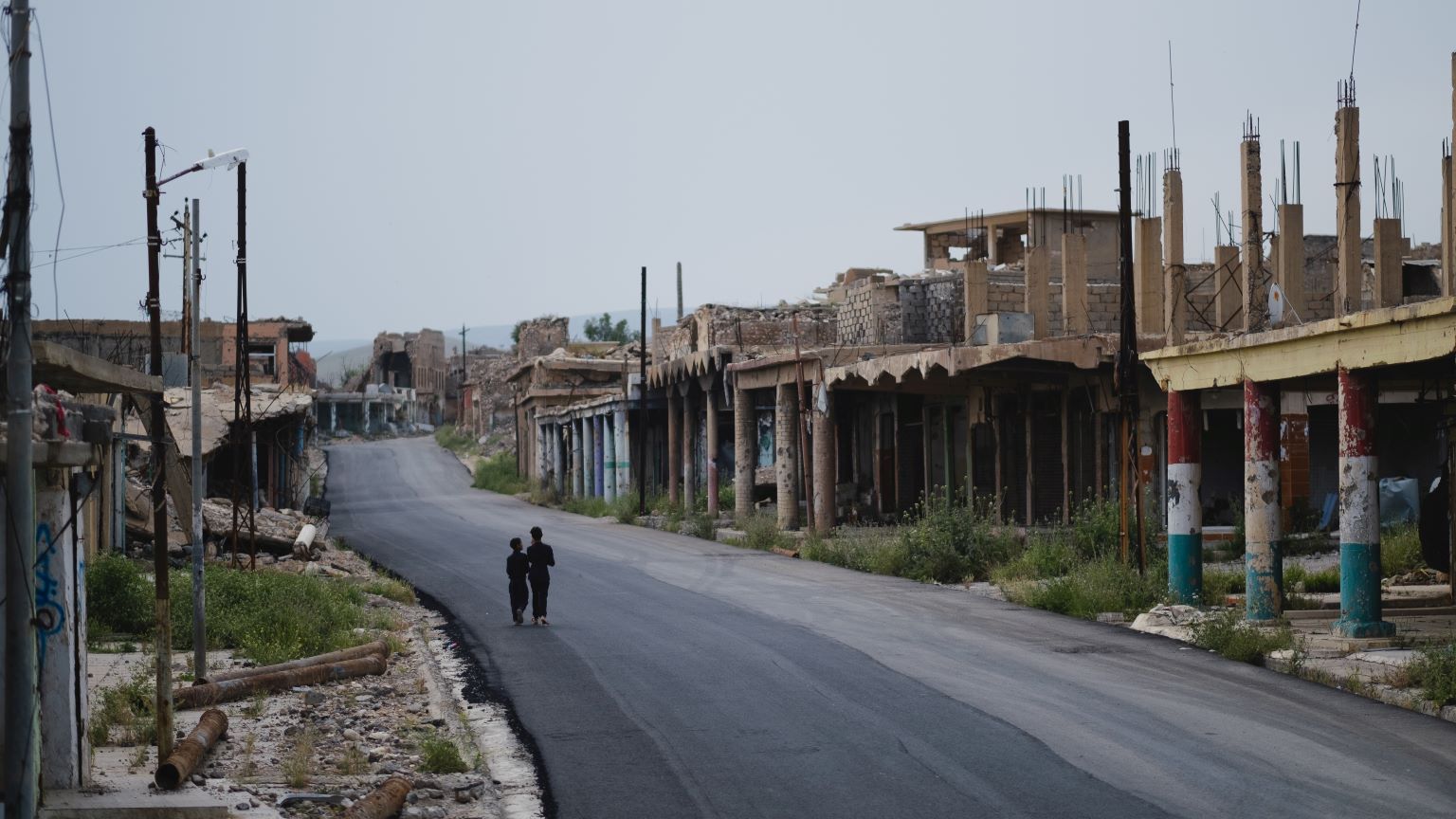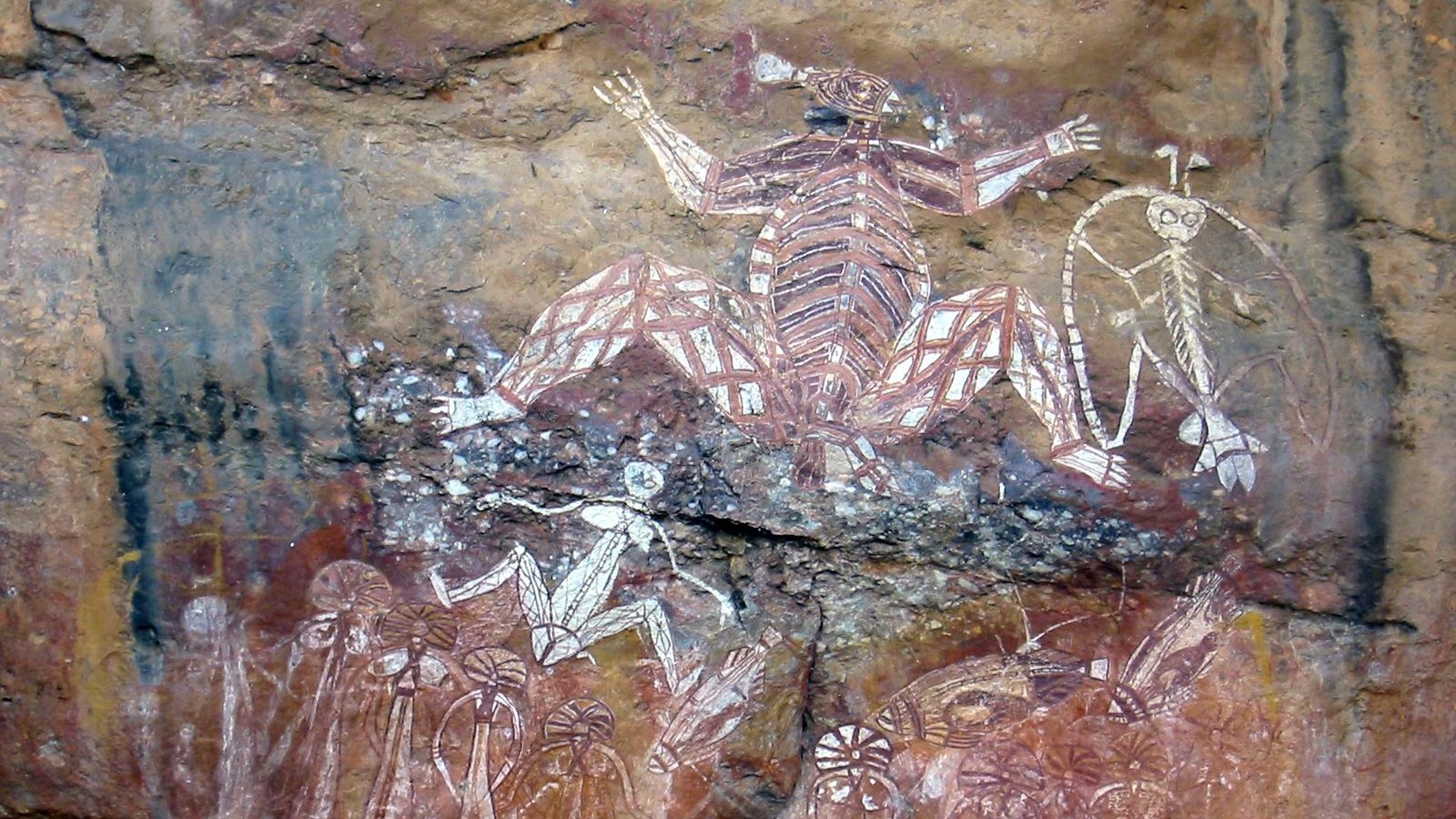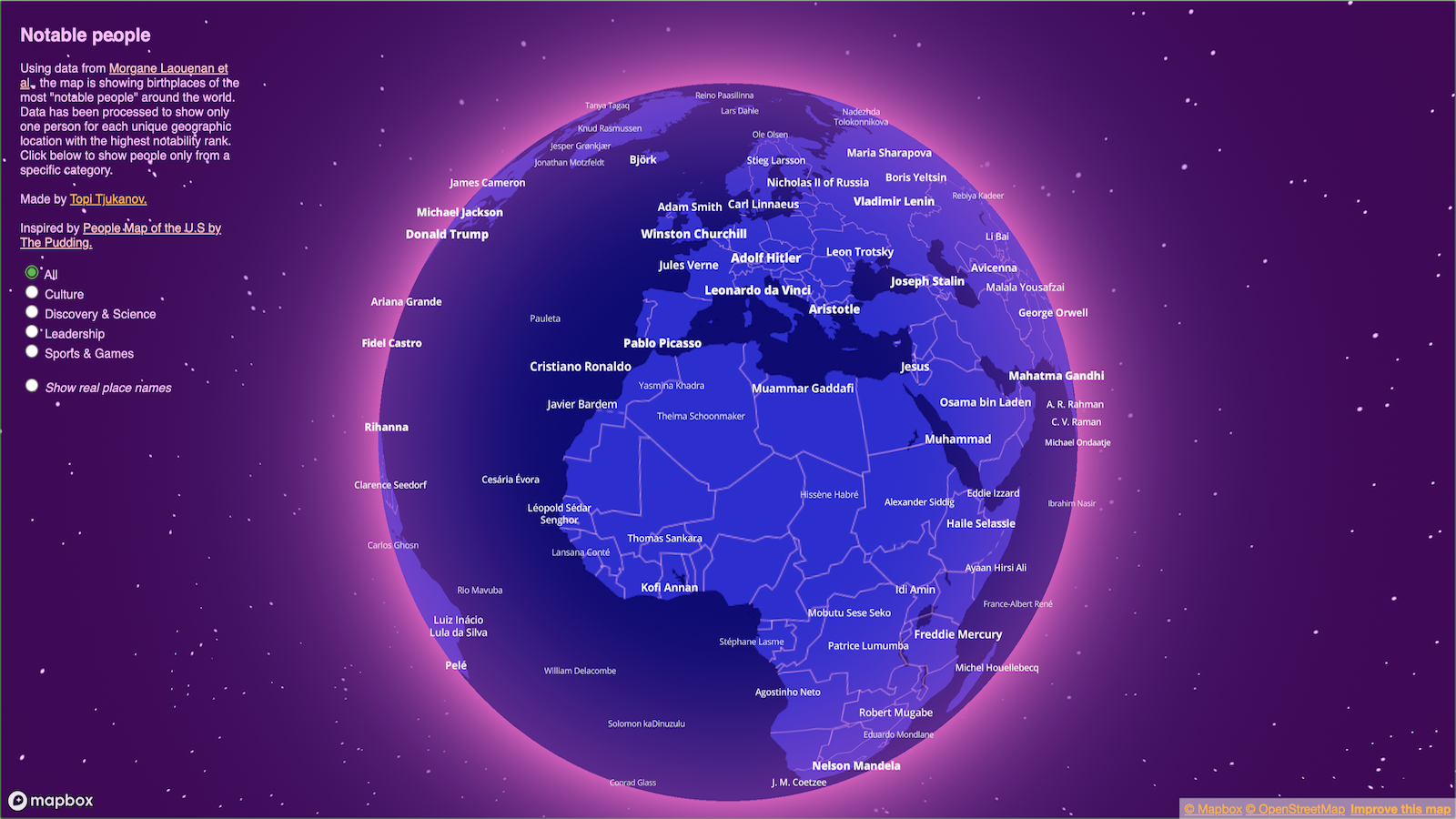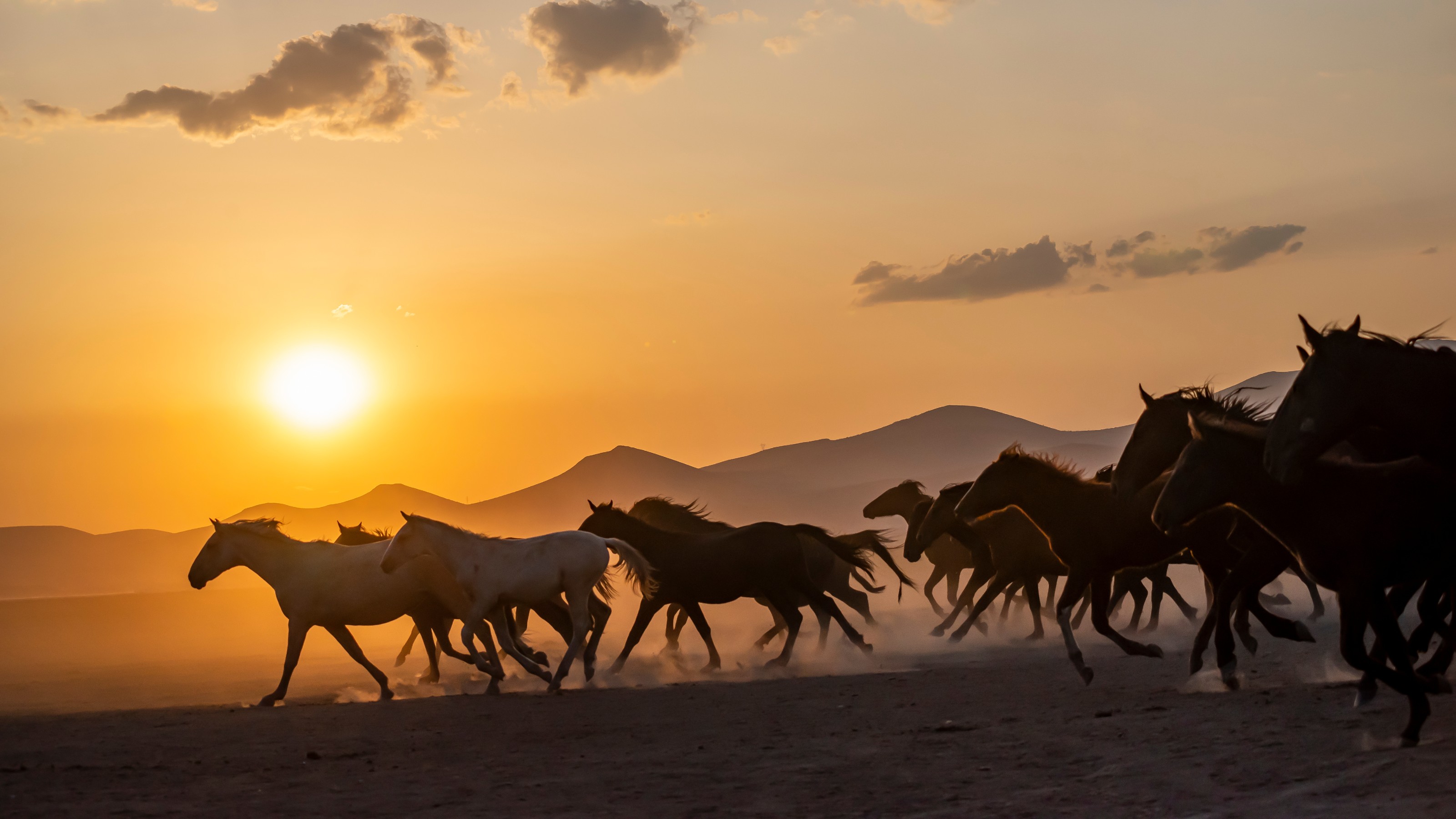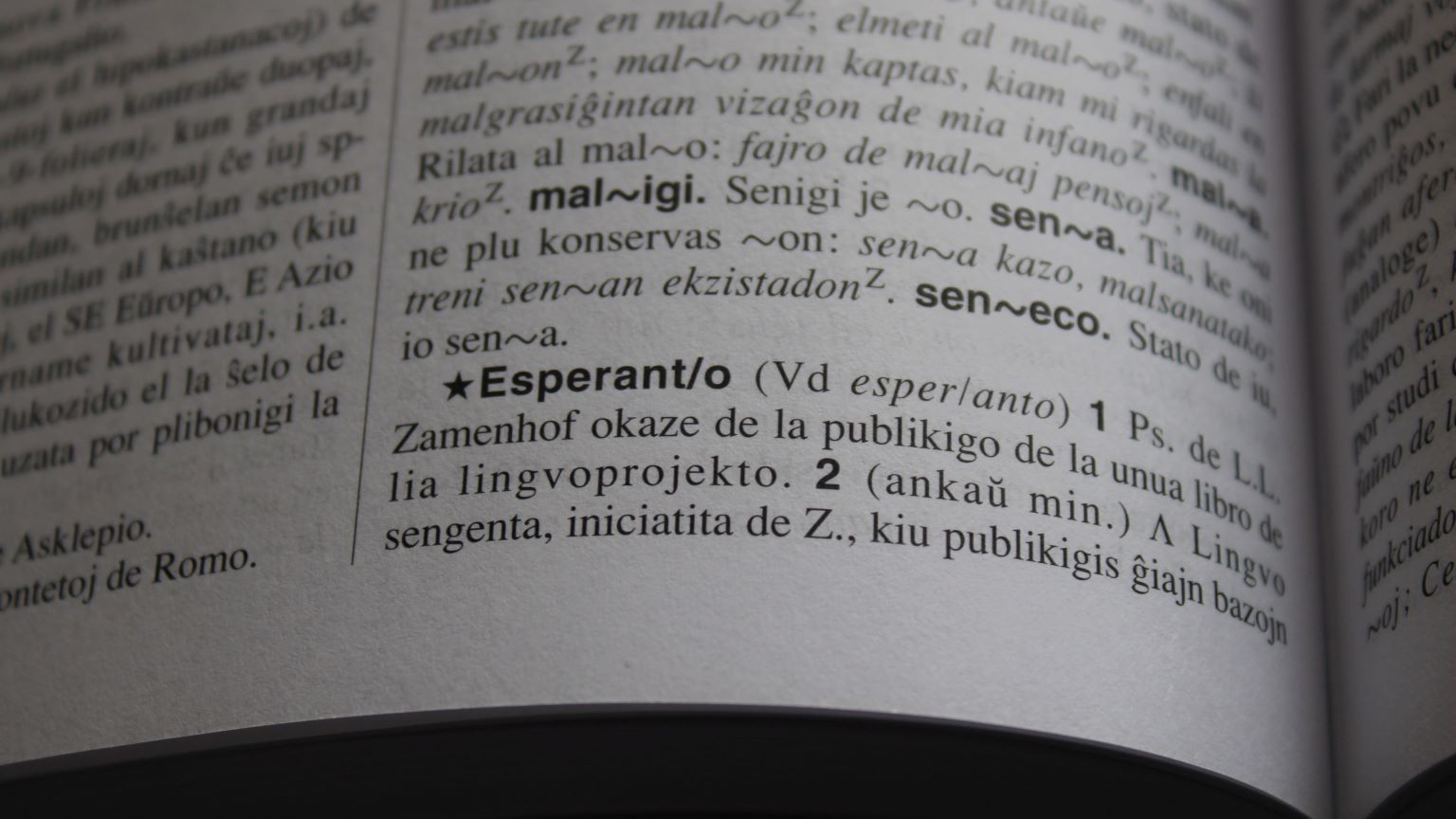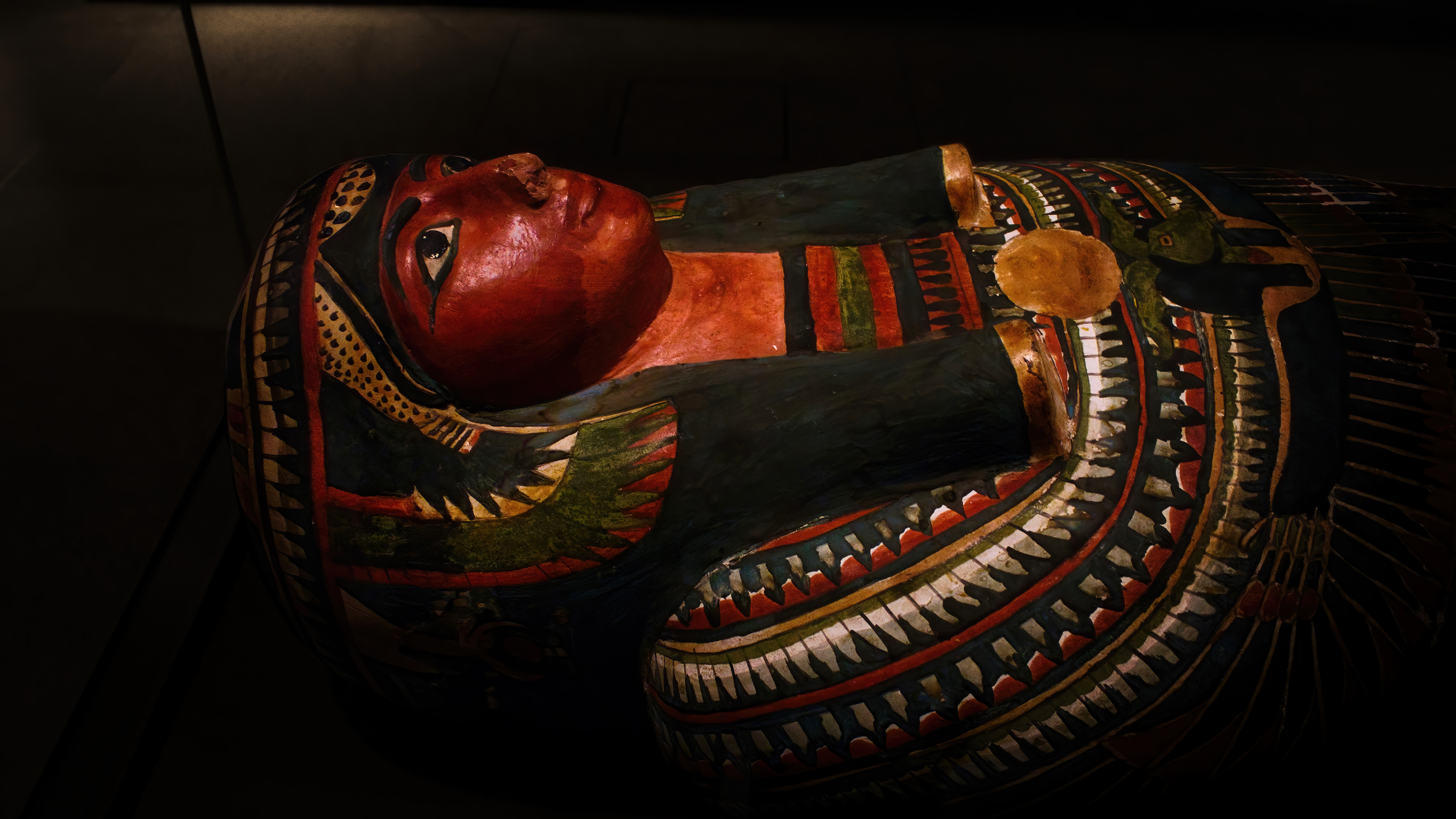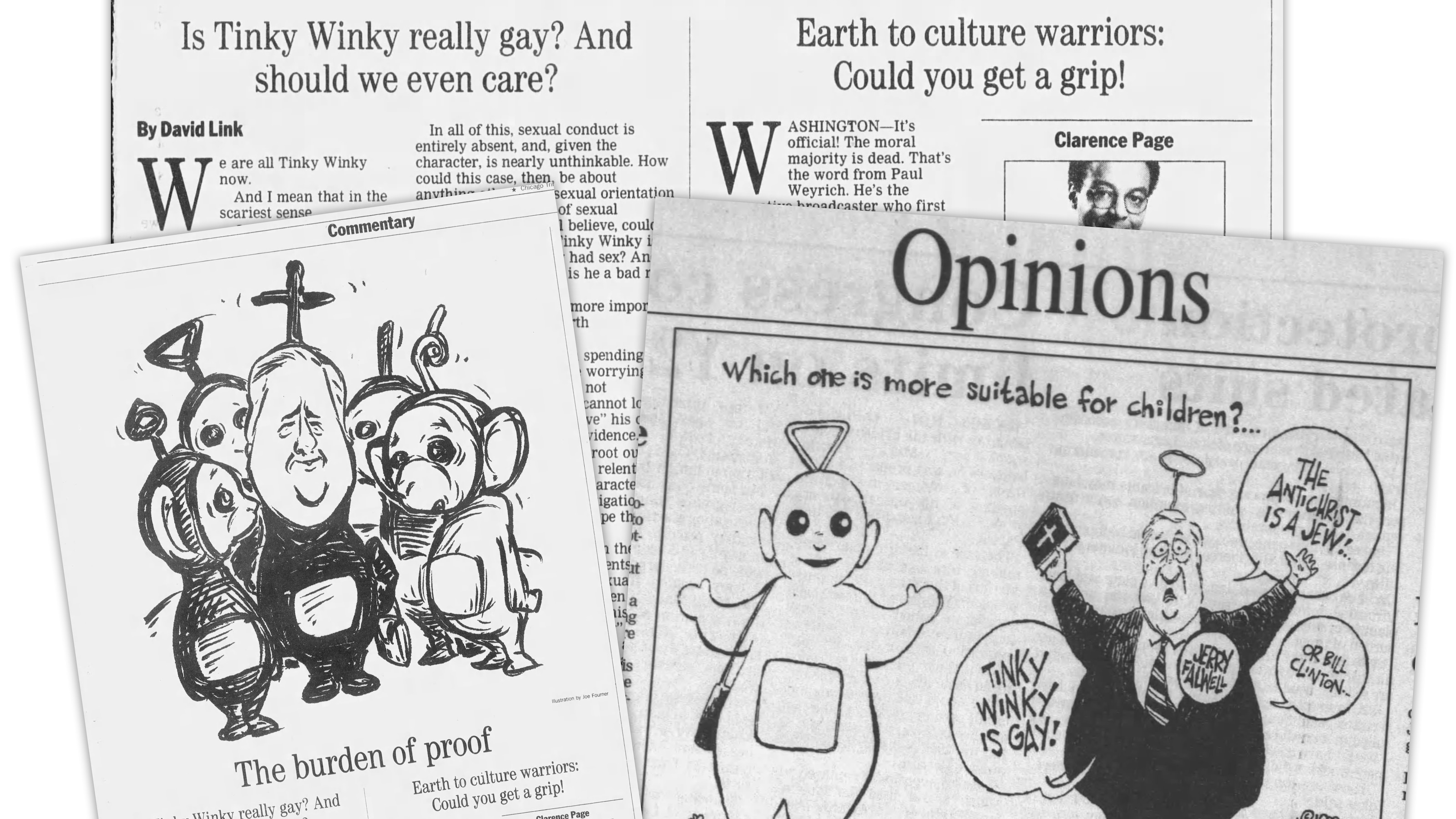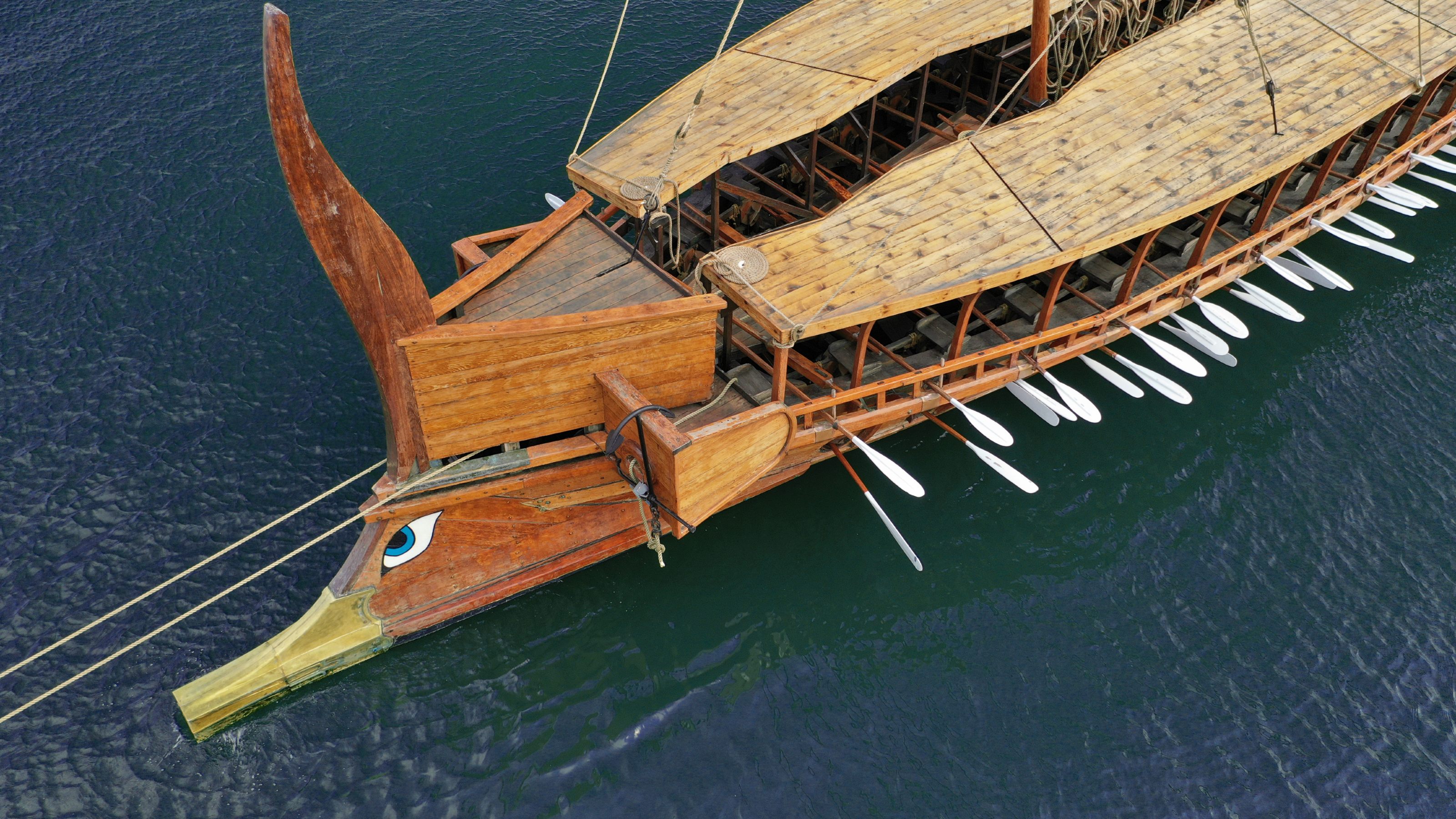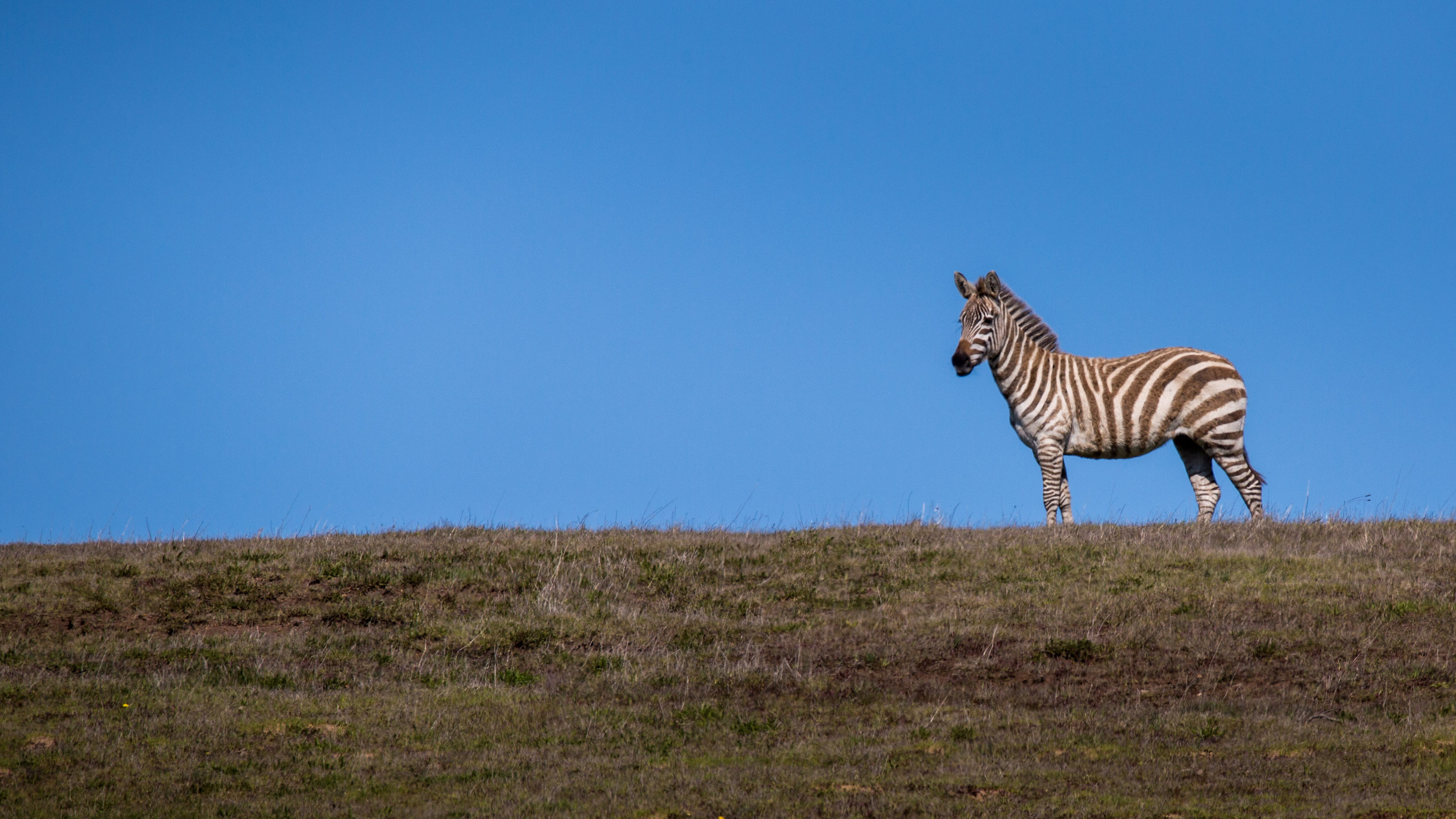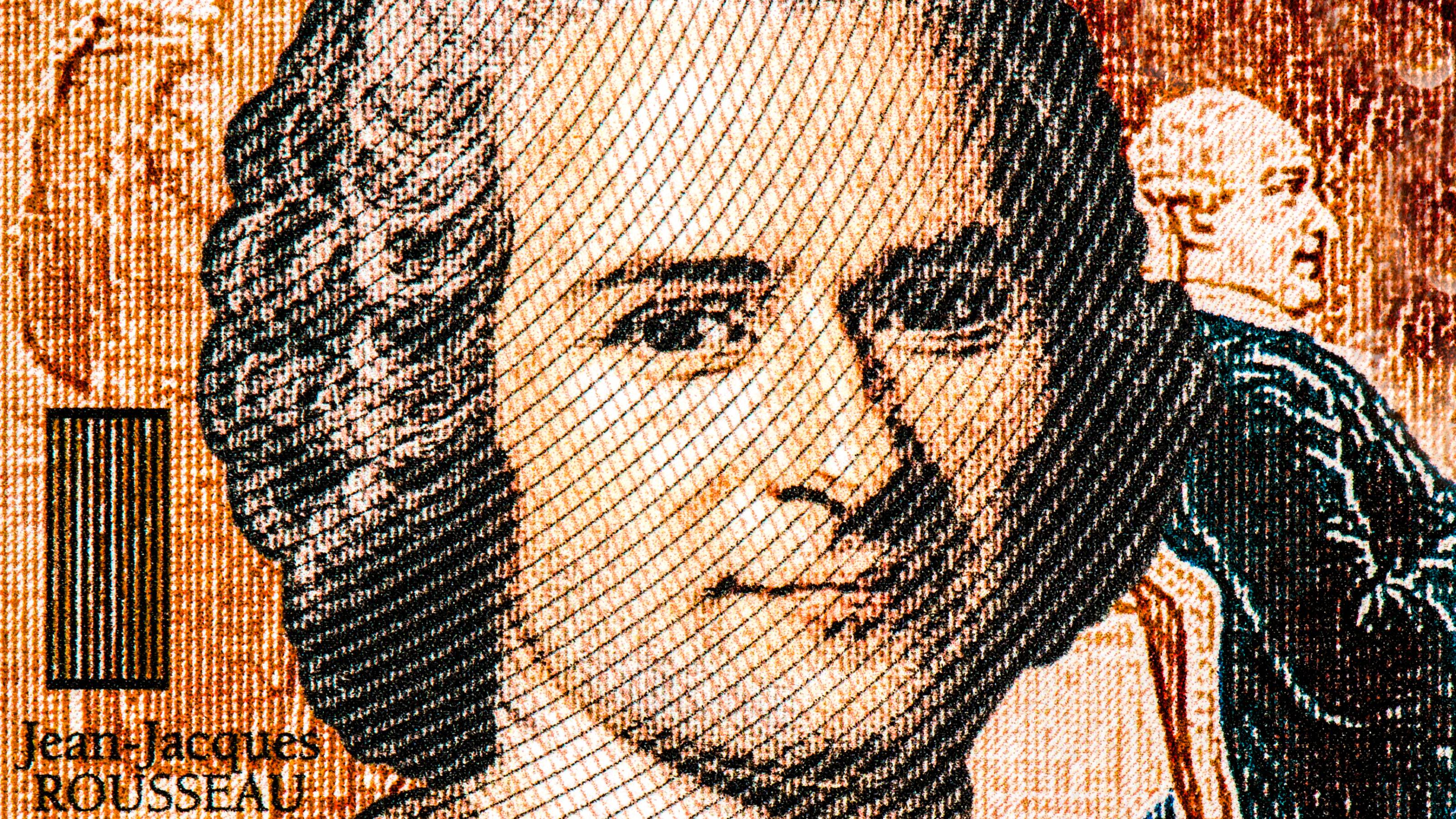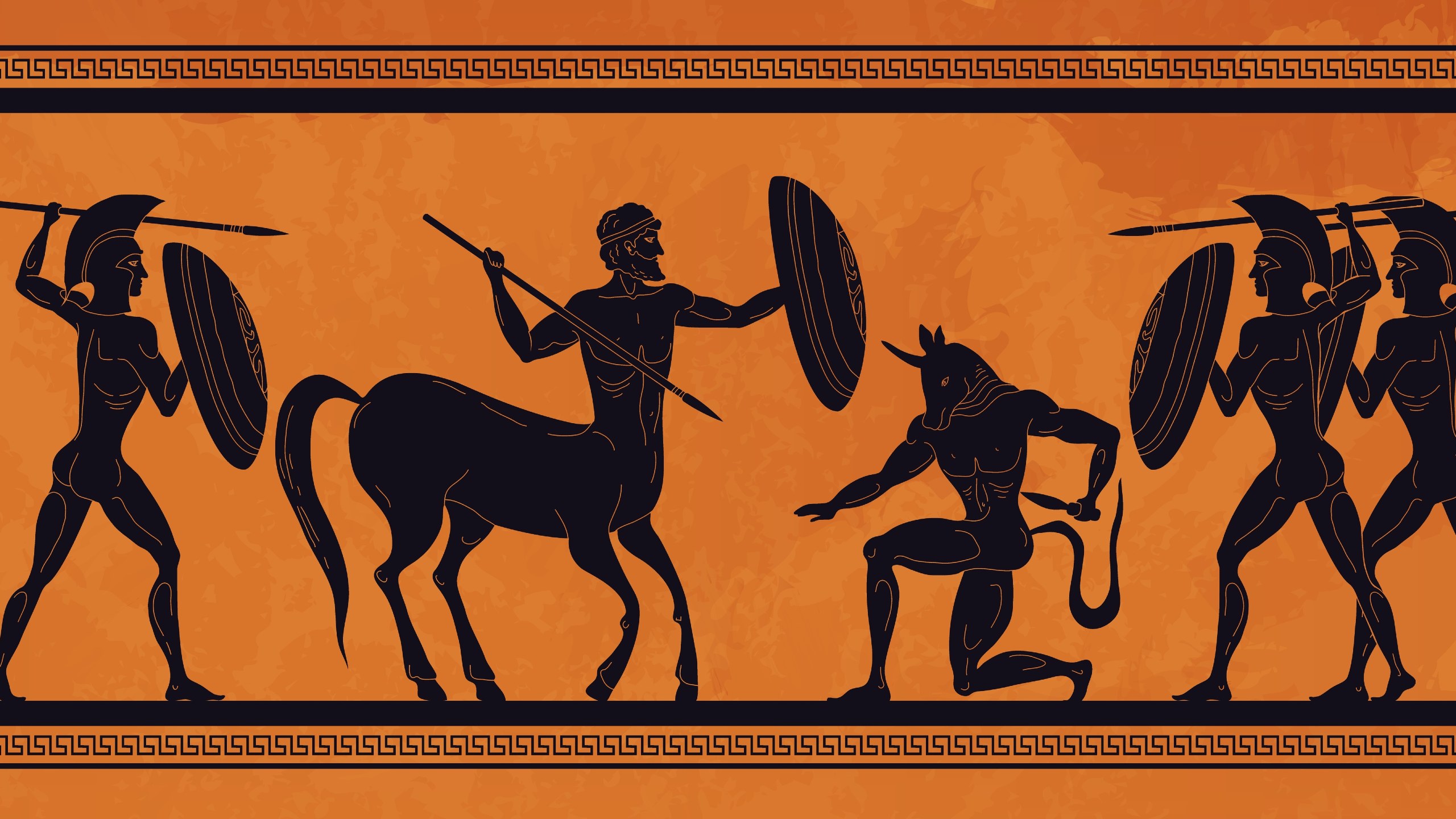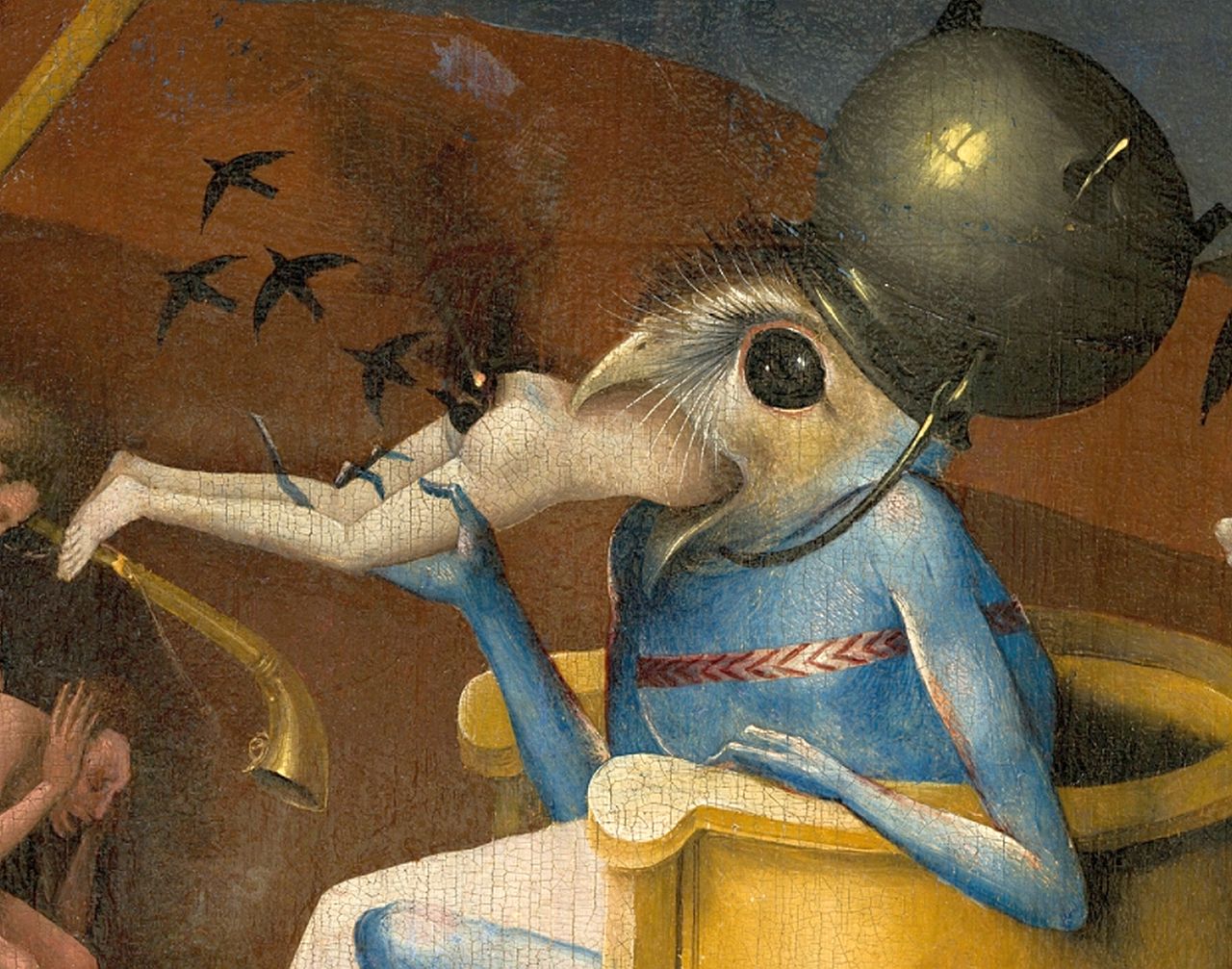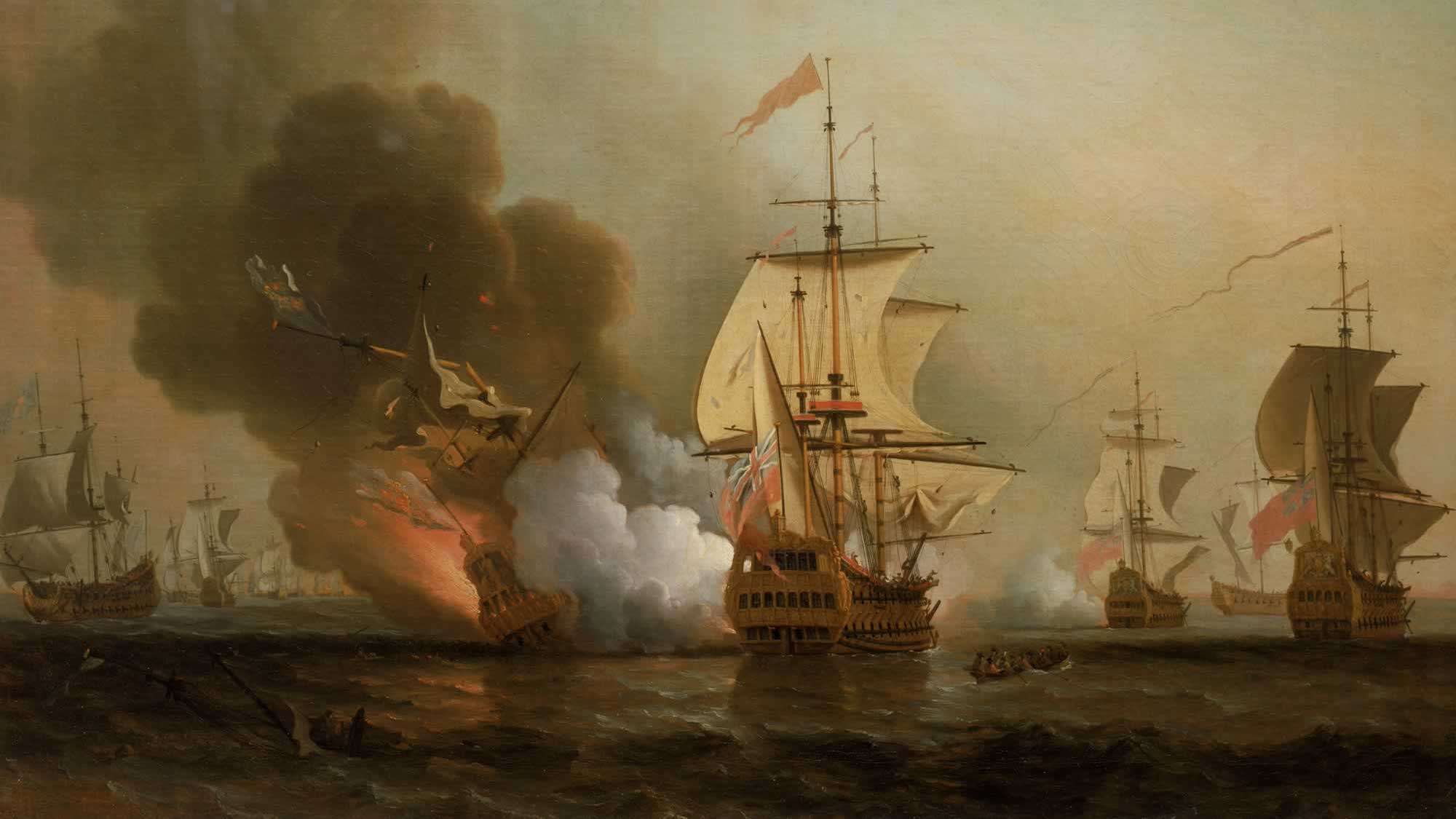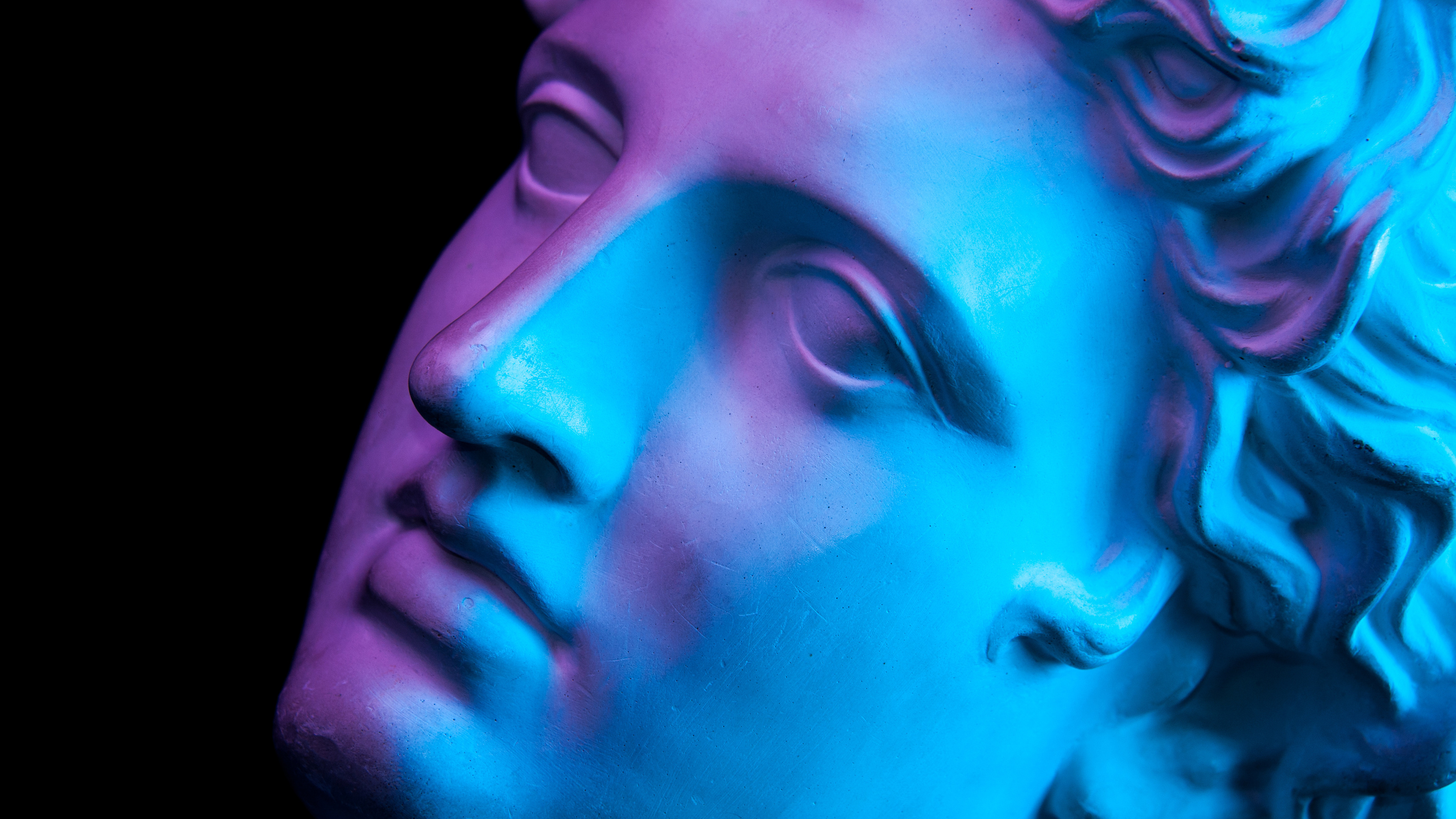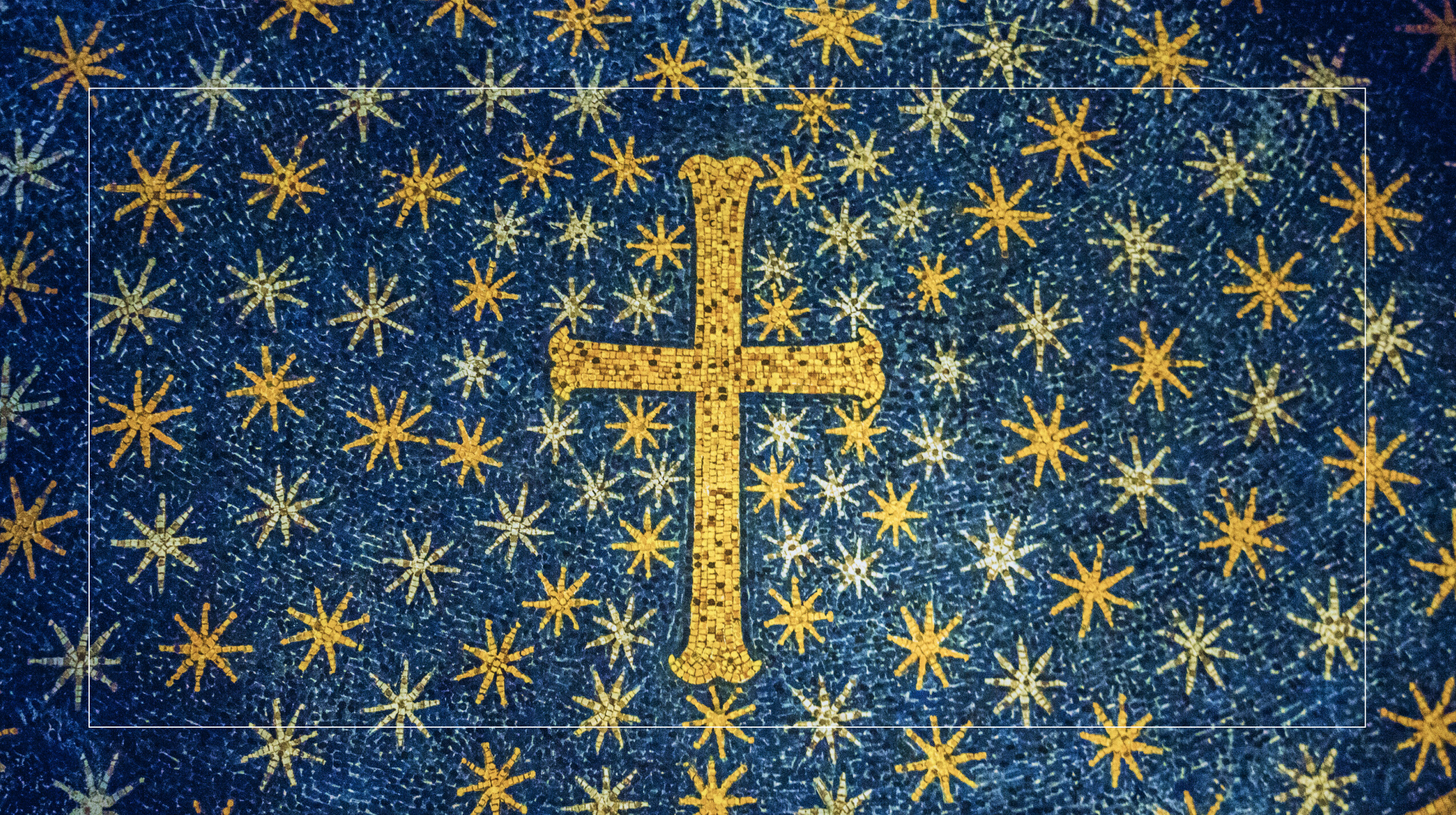history
What’s the point of all that money?
More than mindless bloodshed, the gladiatorial games were organized sports. Gladiators were treated as world-class athletes, receiving superior diets and medical care.
“When you see me, weep.” When rivers dry up in Central Europe, “hunger stones” with ominous inscribed warnings from centuries past reappear.
It’s all about salesmanship.
An upstart third party is unlikely to dislodge the status quo in the current system.
We’ve been somewhat lucky in the past…
Commodus lived the anti-Stoic life, pursuing lust, narcissism, and self-indulgence.
Some artifacts drown in shipwrecks, others are taken by the tide. Many others will vanish as a result of climate change and rising sea levels.
A forensics expert explains what’s involved with documenting human rights violations during conflicts, from Afghanistan to Ukraine.
Rock art in northern Australia depicts marsupial lions, giant kangaroos, and other megafauna that populated the Land Down Under long ago.
The 557-million-year-old specimen challenges the theory that animal body plans were laid out in the Cambrian explosion.
An interactive “globe of notability” shows the curious correspondences and the strange landscape of global fame.
It is wrong to think that these three statements contradict each other. We need to see that they are all true to see that a better world is possible.
Horses pranced around the western hemisphere until they went extinct in the late Holocene. They were reintroduced by European colonists — though where, when, and how has remained unclear.
Can a shared language promote peace? Some people think so.
Rare and costly paints have shaped art history in unforeseen ways. Mummy brown caused one artist to bury his paint.
Moral panics about the content of children’s cartoons and other forms of entertainment have a long history.
In a nod to its addictive qualities, it was first dubbed “Some More.”
Long before Christopher and Magellan, ancient explorers voyaged into the unknown and brought home extraordinary tales.
The zebras were originally part of a newspaper tycoon’s private zoo. Now they roam the San Simeon grasslands, growing in numbers.
Jean-Jacques Rousseau was a Swiss Enlightenment philosopher who praised a simple life and inspired the worst of the French Revolution.
Using data collected from ancient civilizations across the world, researchers identified the most significant factors in human development. War came out on top.
People in the East and West really do think differently, especially when it comes to self-identity. Depending where you live, either associative or distinctive thinking will shape your sense of self.
▸
4 min
—
with
Is “The Garden of Earthly Delights” by Hieronymus Bosch a condemnation of sin or a celebration of hedonism? Art historians still aren’t sure.
In the early 1900s, some Americans feared that teddy bears would not instill maternal instincts in girls, thereby causing “race suicide.”
More than 300 years ago, a Spanish ship laden with unspeakable treasure sank after a battle. Because of greed, the treasure remains on the sea floor.
The role of the Devil’s advocate was to argue against the beatification of mystics. Contrary to popular belief, they did not wear Prada.
Long before tobacco arrived from the Americas, ancient civilizations in the Old World were getting high off hemp smoke and opium.
It might seem like science and faith are at war, but the two have a historical synergy that extends back in time for centuries.

